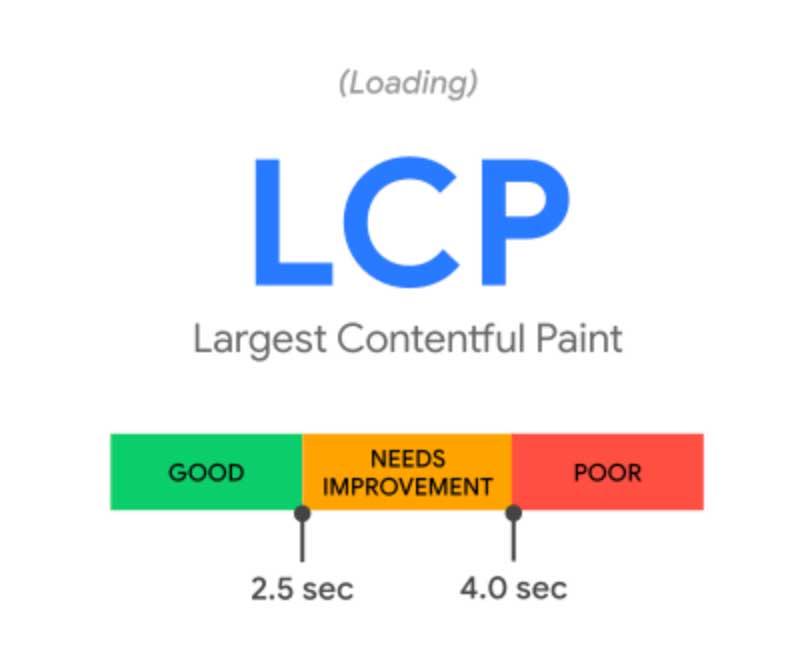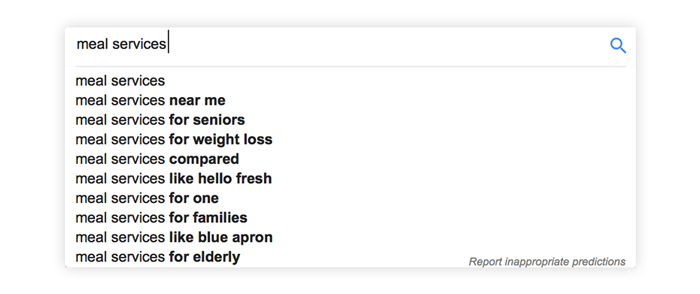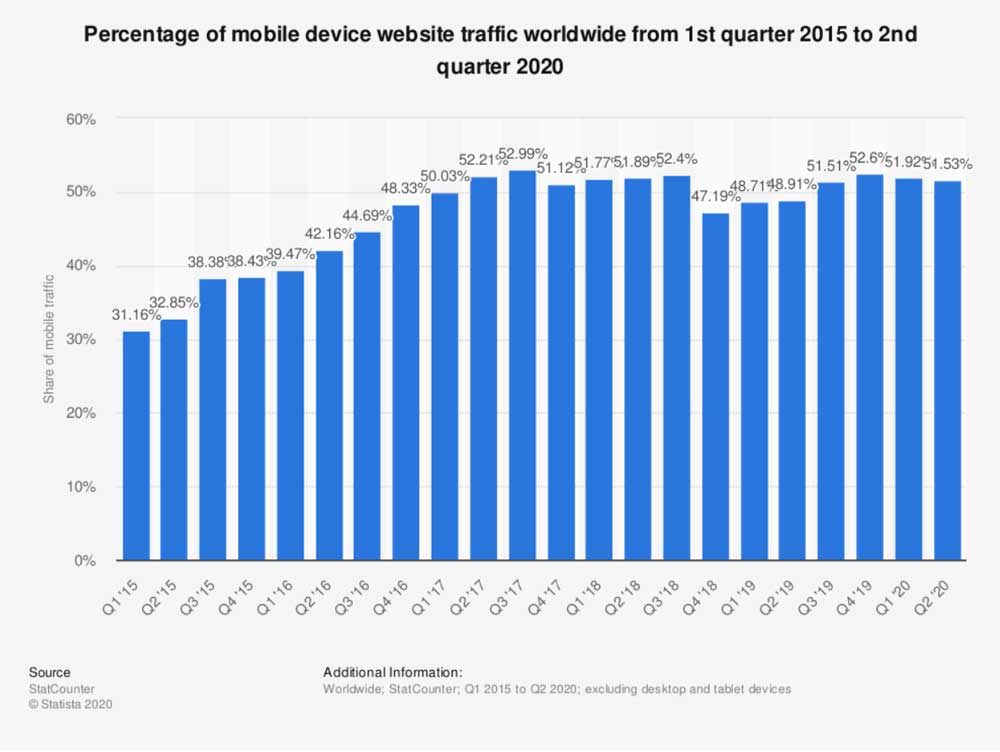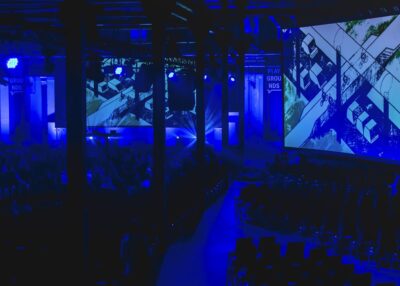6 Common Event Page SEO Mistakes to Avoid (And Why)
It’s well known that the first position in search results receives the largest number of clicks—nearly 50% of users click within the first three listings.
When you search for your event in Google, what do you see? Is your event at the top, or are other websites outranking you?
 You can see how important it is to have your website rank well. You don’t want to lose out on traffic or have potential attendees, sponsors, or speakers end up at another event.
You can see how important it is to have your website rank well. You don’t want to lose out on traffic or have potential attendees, sponsors, or speakers end up at another event.
In this article, you’ll learn the most important ranking factors you need to consider when setting up an event page.
What is event page SEO?
Event page Search Engine Optimization (SEO) is a range of optimizations performed to increase the visibility of your event across the web.
SEO can seem overwhelming, so we put together a guide of SEO basics you can apply if you want your website to rank well.
Did you know 46% of all searches on Google are local searches?
If your event is local, it’s also essential to spend time on local SEO. An excellent place to start is to look at local SEO statistics, like the one we just gave you, to help you make better decisions backed by data.
Follow this guide, and you can help your business thrive with the help of some of the best SEO tips and tricks for event pages.
Here are the six most common event page SEO mistakes we’ve seen and advice on how to correct them.
6 common event page SEO mistakes
This article won’t give you any secrets for magically placing your site first on Google (sorry, no article can).
Don’t focus solely on keyword optimization within your content, it’s important to remember the user experience and avoid frequent mistakes to optimize for better rankings. We’ll go over typical event page SEO mistakes that can cause problems for any website with high-quality content.
Following the best practices outlined below can make it easier for search engines to find and rank your site. SEO is often as simple as making a few minor changes to parts of your website and following best practices.
Let’s explore some common event page SEO mistakes:
1. Having a slow-loading site
With a few exceptions, people like it when things load fast.
Or to be more precise, people really hate it when things are slow. This is so critical that Google announced over a decade ago that site speed is a ranking signal in web search ranking.

In May 2020, Google announced Core Web Vitals. Core Web Vitals focuses on “three aspects of the user experience—loading, interactivity, and visual stability.”
Google also announced that Core Web Vitals will become ranking factors in 2021. So moving forward, it’s critical that you look for ways to decrease page load time.
A few tests for your site:
-
PageSpeed Insights is a tool by Google that will give you suggestions to make pages faster after analyzing their content.
-
GTMetrix will show you how your website performs, reveal why it’s slow, and discover optimization opportunities.
-
Pingdom will test the page load time, analyze it, and find bottlenecks.
-
WebPageTest will provide rich diagnostic information, including resource loading waterfall charts, Page Speed optimization checks, and suggestions for improvements.
2. Ranking for the wrong keywords
One of the biggest mistakes that many people make when trying to improve SEO on their website is choosing the wrong keywords.

Ranking for irrelevant long tail keywords might bring in some traffic, but it’s also likely to skew Google’s understanding of what your site is about.
Highly targeted websites are rewarded for their focus. Content that’s just barely related seems to have a harder time performing well until it can build up authority and supporting material around that topic.
Wrong keywords will probably feel “off brand” and potentially damage your reputation. Unless you can tie the content and keywords back to your business goals, it’s often not worth it to rank for the wrong keywords.
3. Not optimizing metadata (like page titles + meta descriptions)
Metadata can have a significant impact on your pages’ ability to rank. Why? Because metadata is often the first and only thing people see about your page when deciding to click on it.
Web page metadata includes page title and meta descriptions for a page—these are what show up in search results.
 If you don’t provide metadata, Google can select a text from your page to show up in search results. Your site might even have default metadata that duplicates each time you don’t provide one.
If you don’t provide metadata, Google can select a text from your page to show up in search results. Your site might even have default metadata that duplicates each time you don’t provide one.
4. Writing content people don’t want to read
On social platforms like Facebook, Twitter, Google, Instagram, and LinkedIn, most content creators see little payoff.
Why is it so hard? Because most people forget one simple thing.
It’s critical to acknowledge that people don’t want the content we make. They want what it will do for them and the way it will make them feel.
You’re looking to create content people want to read. It helps to start with an idea of the change you’re seeking to make and who you’re seeking to change. The more clearly you understand the desires, frustrations, and personalities of whoever you seek to change, the more effective your content will be.
5. Forgetting to add CTAs (call-to-actions)
Every page should have an obvious goal that you want people to achieve. And when you want someone to do something, often the first step is to simply ask.
Some suggestions:
- Get to know your target audience
- Be specific
- Give them a reason to get engaged
- Tell them the best way to do something
- Don’t bore them with details
-
Make it easy for them to say yes
Remember that trust is something that takes time to build. And what you don’t want to do is disappoint or de-motivate people. Be as forthcoming as possible with the satisfaction or challenges they are facing.
Try to acknowledge their problem and what you can do to help them.
A call-to-action (CTA) can be text, a button, a form, but ultimately it’s an invitation for the reader to take the next step. Focus on clearly identifying what kind of change you’re trying to make and communicate how it will change the readers’ status.
If you are lucky enough to have an event site with a lot of traffic and high visibility, this should be your primary focus.
6. Website doesn’t work on mobile
Historically, Google primarily used the desktop version of a page’s content when evaluating rank.
As the majority of users access Google Search with a mobile device and mobile accounts for approximately half of the web traffic worldwide, Google primarily crawls and indexes pages with a smartphone agent.
Meaning Google uses the mobile version of sites for indexing and ranking.

Google will view your website as either non-mobile-friendly or mobile-friendly. And they offer a free Mobile-Friendly Test to preview how easily a visitor can use your page on a mobile device.
Having a mobile-friendly site is critical to performing well in search results. If your website isn’t mobile-friendly, you’ll be going the wrong way in Google results.
Summary
In summary, if you want to get the most organic traffic to your events page, remember to:
- Have a fast-loading site
- Target (and rank for) relevant keywords
- Optimize your page titles and meta descriptions
- Write content people want to read
- Add CTAs
-
Have a mobile, responsive design
This article shows how important it is for your website to have a good user experience, create content people want to read and give them the next step with a call to action.
You’ll also want to make sure you keep up with other digital marketing channels & methods critical for your digital marketing success. Follow these tips, and you can help your business thrive with the help of better SEO for event pages.
Author: Adam Steele
Adam Steele is the Founder and COO at Loganix, an SEO fulfilment partner for agencies and marketers. We build easy to use SEO services that help businesses scale. If you liked this article, please check out our SEO guides and templates on the blog.







